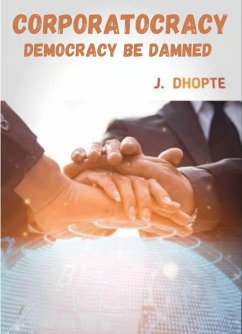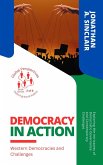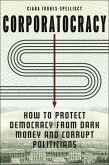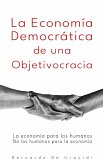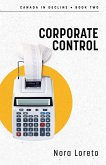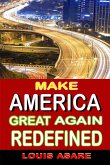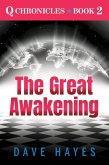This book is the second in the Democracy series, a series of three books. Corporatocracy refers to the powerful group of people who run the world's biggest corporations and the most powerful governments. The societies are ruled by a small minority of the wealthiest. Of the world's 100 largest economies, 71 are corporations while only 29 are countries. More than two-thirds of the richest 100 entities on the planet are corporations, not governments. So deep is the fusion between the corporations and the state that profits are now created largely by political means. We are living in an era where the interplay between state and corporate power shapes the reality of international relations more than ever. Government is not really determined by the electorate, but rather by those with power, namely, firms. Corporations not only have the political power to influence states, but also the economic clout to devastatingly affect a state's economy should the state try to oppose an MNC. The economy no longer facilitates human society; humans live to serve the economy. We have gone beyond industrialisation and value-addition to a point where the rules are written by the financiers, and the finance industry. 'Freedom' has been reconfigured to refer to consumer choice rather than the ability to determine how to order one's life. The power of people is being curtailed by the people with power. The corporations procure more revenue than the government. Its global expansion and diversification seem to put state power back and has taken over the country on a geopolitical scale. The power of the state is limited and the MNCs are eroding states' sovereignty. MNCs determine what the governments should do; this shadowy control over the political and economic interests of the government makes the corporations more powerful than the governments. In order to kill the economic democracy, Corporate Power rigged the game. Democracy has become enfeebled largely because companies have invested ever greater sums in lobbying, public relations, and even bribes and kickbacks, seeking laws that give them a competitive advantage over their rivals. Our political institutions have allowed themselves to be effectively occupied, or more accurately worsened by these anti-market (and anti-public) institutions.
Dieser Download kann aus rechtlichen Gründen nur mit Rechnungsadresse in A, B, CY, CZ, D, DK, EW, E, FIN, F, GR, H, IRL, I, LT, L, LR, M, NL, PL, P, R, S, SLO, SK ausgeliefert werden.

